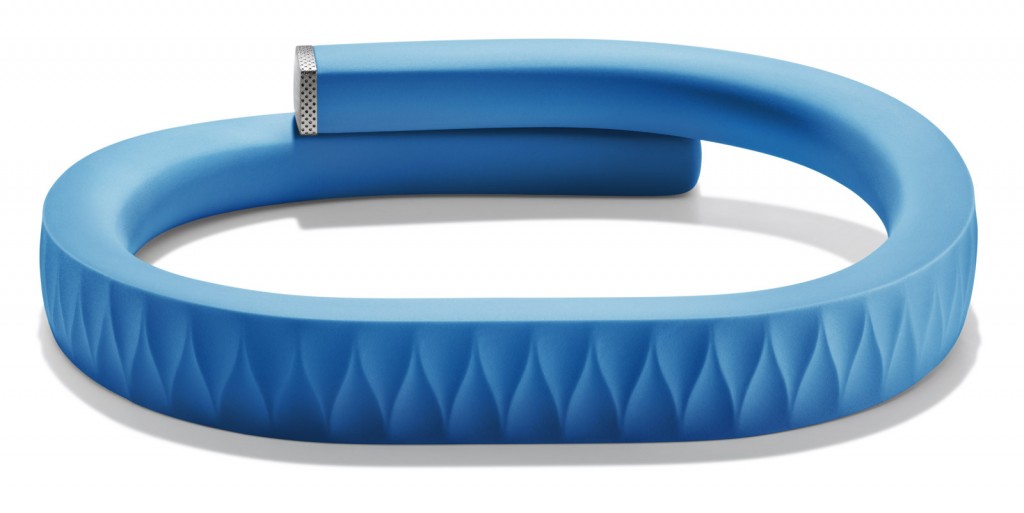
Jawbone's UP wristband
As obesity increasingly becomes a worldwide epidemic, especially within children and adolescent populations, solutions to the problem are poised to become a major focus within mHealth. A handful of approaches were discussed during a panel, "Obesity, Diet, and Physical Activity," at the 2011 mHealth Summit held in Washington, D.C. this week, including a noteworthy study by a Canadian research team.
Panelist Yan Kestens, an assistant professor at the University of Montreal, recently headed a study on childhood obesity focusing on the importance of geographic location for children participating in physical activity. While doctors can encourage recommended lifestyle interventions including positive encouragement, exercise classes, counseling, and set goals, Kestens said, "outside of the doctor's office, they have no real tools to know about the everyday life of their patients."
To that end, Kestens' research focused on the Spatio-Behavioral Component (SBC) of the CIRCUIT lifestyle intervention program, which is aimed at children and youth with cardiometabolic risk factors. The study included 37 patients between the ages of 6 to 17 and took place over between March and November of this year. Data was collected from subjects over seven days from separate GPS, accelerometer, heart rate monitor sensors. The study's data processing took the raw GPS and accelerometer data to discover optimal opportunities for physical activity within a child's general living area.
Based on their study's results, Kestens' research team developed a multisensor wearable device, which includes an accelerometer, GPS, GPRS, ANT+ module, embedded memory, which will be used in studies in Paris starting in January of next year. It will join other devices featuring multiple sensors, such as Jawbone UP and Fitbit.
(Studies for finding effective use of SMS in teen weight loss took place by researchers at the University of Michigan earlier this year. Teens responded well to instructional messages from peers, including recipes and testimonials about weight-loss strategies. Positive messages were also well-received, including exclamations and emoticons, but colloquialisms were not.)
Kestens stressed that "raw data [from wearable devices] needs to be transformed into meaningful indicators." He also noted the importance of "efficient visualization applications for sharing of data with patients and their families." As an example, he showed his team's software, which included a map tracing the route of children in their neighborhood during play and exercise and highlighting where children were most active.
MobiHealthNews' coverage of the mHealth Summit 2011 is sponsored by Preventice.

















